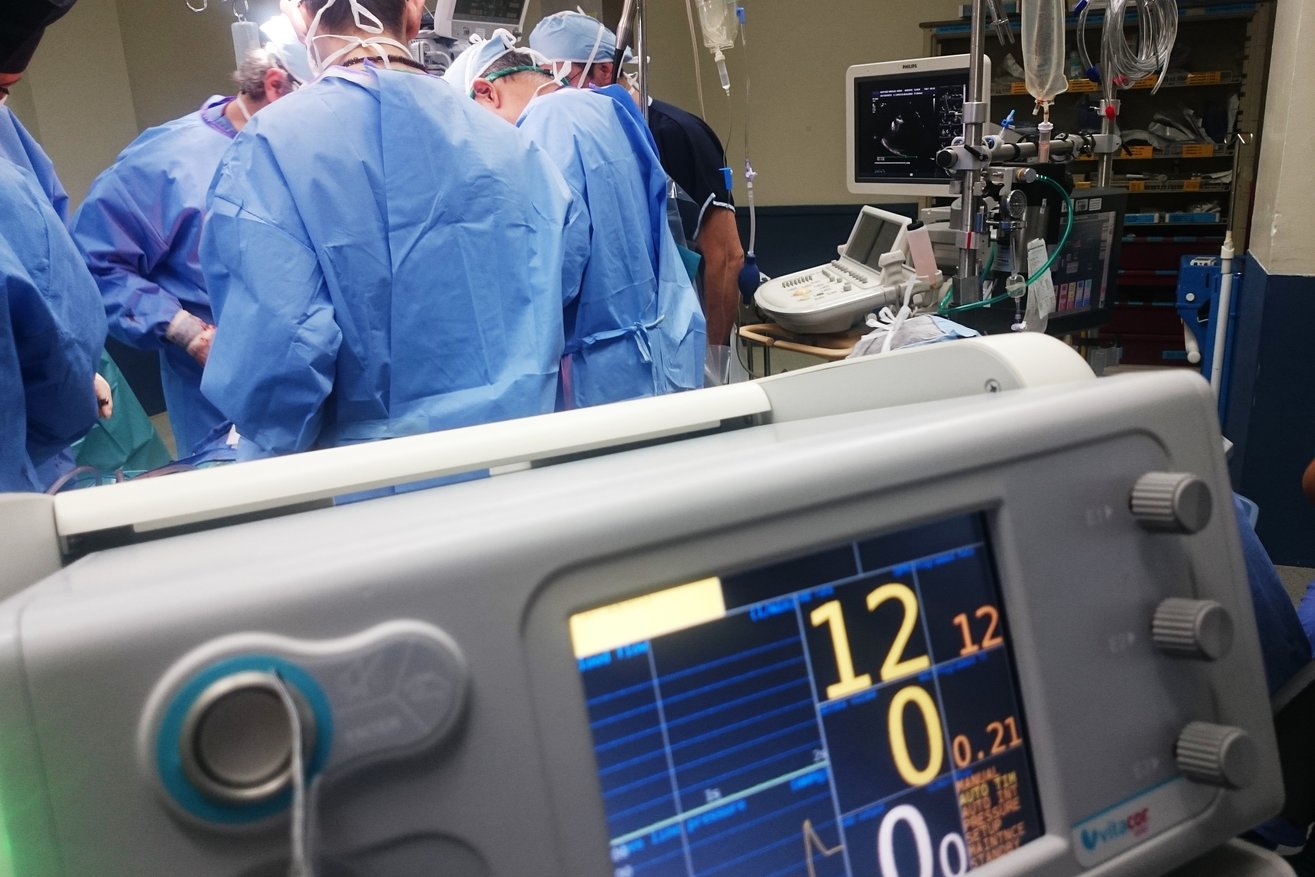Healthtech: Technology & Healthcare

As we sit here today, the NHS is under increasing pressure: with an aging population it is being asked to do more and more with less and less, thanks to reducing budgets and not enough beds to meet demand. However, this isn’t one of those doom and gloom articles that focuses on the impending disaster, because there are solutions out there and one of those could be Technology, or as it’s referred to in this space…Healthtech.
When the NHS was launched by the then Health Secretary Aneurin Bevan in July 1948, it was to be an organisation that focused on preventing people from getting ill and not one that treats people who are already sick, as it currently does. With this in mind, if the NHS is going to truly tackle the issues it faces, it needs to get back to being a preventative organisation. This could be achieved through the use of technology that can monitor and help maintain the health of an individual on a daily, hourly or even minute by minute basis.
Technology companies have realised this and through the use of existing technologies they have the ability to reshape the future of healthcare for the better. Some companies have already started to apply their expertise, for example; tech giants such as Google, Apple and Samsung have all launched health platforms. Google recently took it one step further when it announced its partnership with Novartis to collaborate on smart contact lenses. However, despite the early positive signs, for this convergence of healthcare and technology to truly work the socio-economic demographic challenges need to be addressed, i.e. reducing healthcare expenditure, increasing quality, increasing productivity, as well as access and affordability. But in order for the NHS to take advantage of new smart technology, it needs to be firmly rooted in the 21st century.
At the same time, Healthtech companies need to be encouraged to take bigger risks to develop more and more creative technologies. However, many that are looking to start up are put off from entering the sector because, - in addition to the challenges faced gaining access to funding, - healthcare and particularly the NHS, is seen as complex, bureaucratic and reluctant to embrace new technology. If this is to be changed, there is a real need for supportive policies and incentives to encourage the adoption of technology by the NHS. This is already happening in the US where the introduction of federal laws and President Obama’s healthcare reforms, appreciating they are a consumer led market, have seen some real strides forward in the use of medical technology.
Understanding the importance of Life Sciences, in particular Healthtech, to the UK and the future of the NHS, in July this year, the Government appointed the UKs first Minister for Life Sciences, George Freeman. His mission is to make the UK the best place in the world to discover, develop and deliver 21st century healthcare innovation, of which Healthtech is high on his agenda.
Initially provider and patient adoption may not be high due to the fear of, not only the new, but perceived data privacy and security issues. In the US, the approach to appease these concerns was to pass acts that encouraged the adoption of electronic data and health information exchange. They also incentivised hospitals to develop health IT infrastructures and implement electronic patient records.
In the UK, we have started to install a digital spine into GP surgeries and hospitals which will not only allow patients to access their medical records but enable technology to work effectively and deliver real value. This is because data driven medicines are an essential part of bringing the cost of healthcare down. Ultimately, with an aging population and more and more sick people, the NHS should focus on prevention and health management away from the GP’s surgery and hospitals because it cannot continue to shoulder the cost burden as it does today.
Technology will empower people to self-manage their own health, lifestyle, medicine plans and long term and chronic illnesses. This, in turn, will result in fewer visits to their GP, A&E and hospital – all of which are extremely expensive. Healthtech is a viable option to reduce the UKs expenditure on healthcare to ensure the NHS is able to continue and the aging population is able to lead much healthier lives.
At Odgers Interim, we understand the uniqueness of this newly created sector and the challenges it faces when bringing pharma, tech and healthcare together - especially when looking to recruit the right team of people with both technology and healthcare experience.






